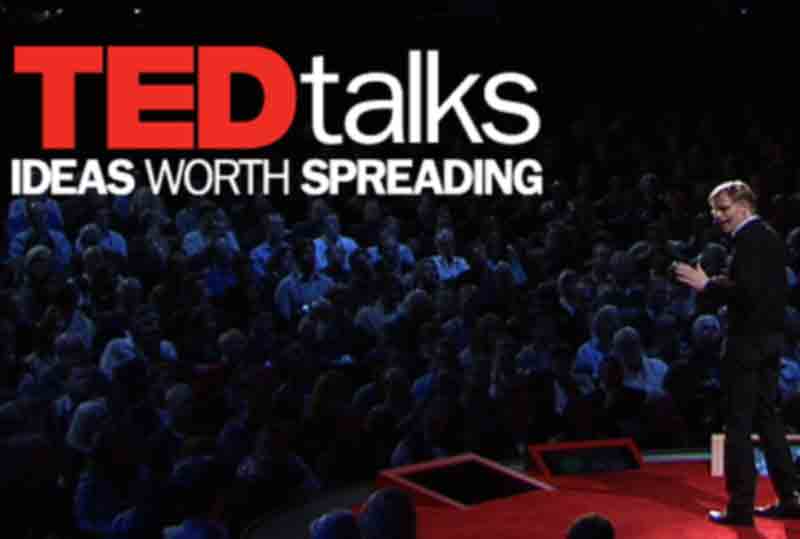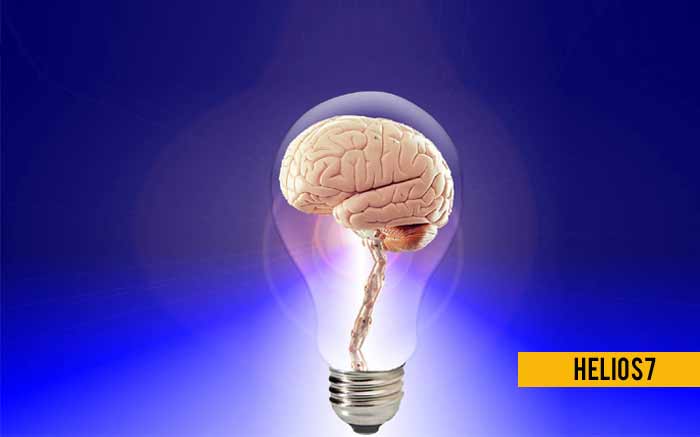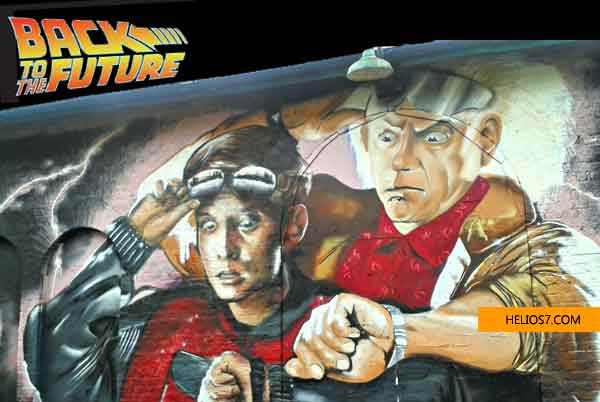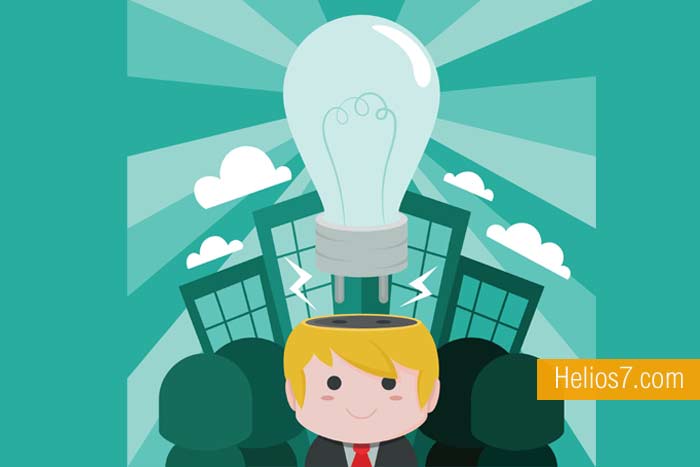Best Ted Talks on Technology and Education
A selection of TED talks developed by scientists who are creating technologies to preserve a constantly deteriorating environment

The progressive disappearance of natural resources by human action is not a novelty. Many scientists around the world are trying to offer a solution to a future that promises to boost pollution if we continue on the same path. Know your ideas in the following TED talks about technology to preserve the environment and be part of the movement that seeks sustainable alternatives.
1. The search for drinking water by a young scientist
Did you know that 660 million people lack access to safe water? This is expressed by the World Health Organization and is working Deepika Kurup, a teenager born in 1998 who set out to create an economic system to purify water. His idea comes from an experience he lived in his grandparents’ home in India when he witnessed children drinking dirty water. She was recognized for her work with numerous scientific awards, and in her talk, TED explains how she came to her ecological invention to purify water, which continues to improve.
2. A robot that eats pollution
Robotic engineer Jonathan Rossite created “Row-bot,” a robot that cleans pollution autonomously while swimming in dirty water and generates electricity to run. The invention constitutes a biodegradable robotic approach that neutralizes algae and oil stains through a fuel cell. The system is inspired by the peregrine shark, a non-carnivorous animal that eats plankton, supplying energy while digesting the microscopic organism. Also, it was based on the aquatic insect Corixa which is propelled with its shovel legs through the water.
3. Clean the Earth’s orbit
Scientist Natalie Panek is dedicated to the construction of space robots, and her concern is that the Earth’s orbit is filled with “space scrap” that the human being himself sends. The devices that are in the space are responsible for communicating, informing and entertaining us. If the Earth’s orbit is saturated with satellites that do not consider their impact on the environment, we will lose this resource. Since the 1950s 7,000 satellites have been sent, and only 1 in 7 of them work because they disintegrate over the decades, so there is a lot of scrap floating around the Earth. The problem poses risks for space missions but also for satellites that allow us to live the way we do today.
4. We need nuclear energy to solve climate change
Joe Lassister is in charge of developing clean energy of low budget, and during his talk, TED analyzes the subject of nuclear energy, which requires new plants capable of competing with the costs of this type of energy. The impact is primarily in developing countries where one billion people do not have access to electricity, and two and a half billion lack reliable fuels in their kitchen or heating system. He says that by 2024, 800 to 1600 coal plants will be built in the world, so the situation will worsen unless we think of an alternative. His invitation is to raise awareness about the problem to request governments, organizations, and companies an investment to develop systems more economical,





